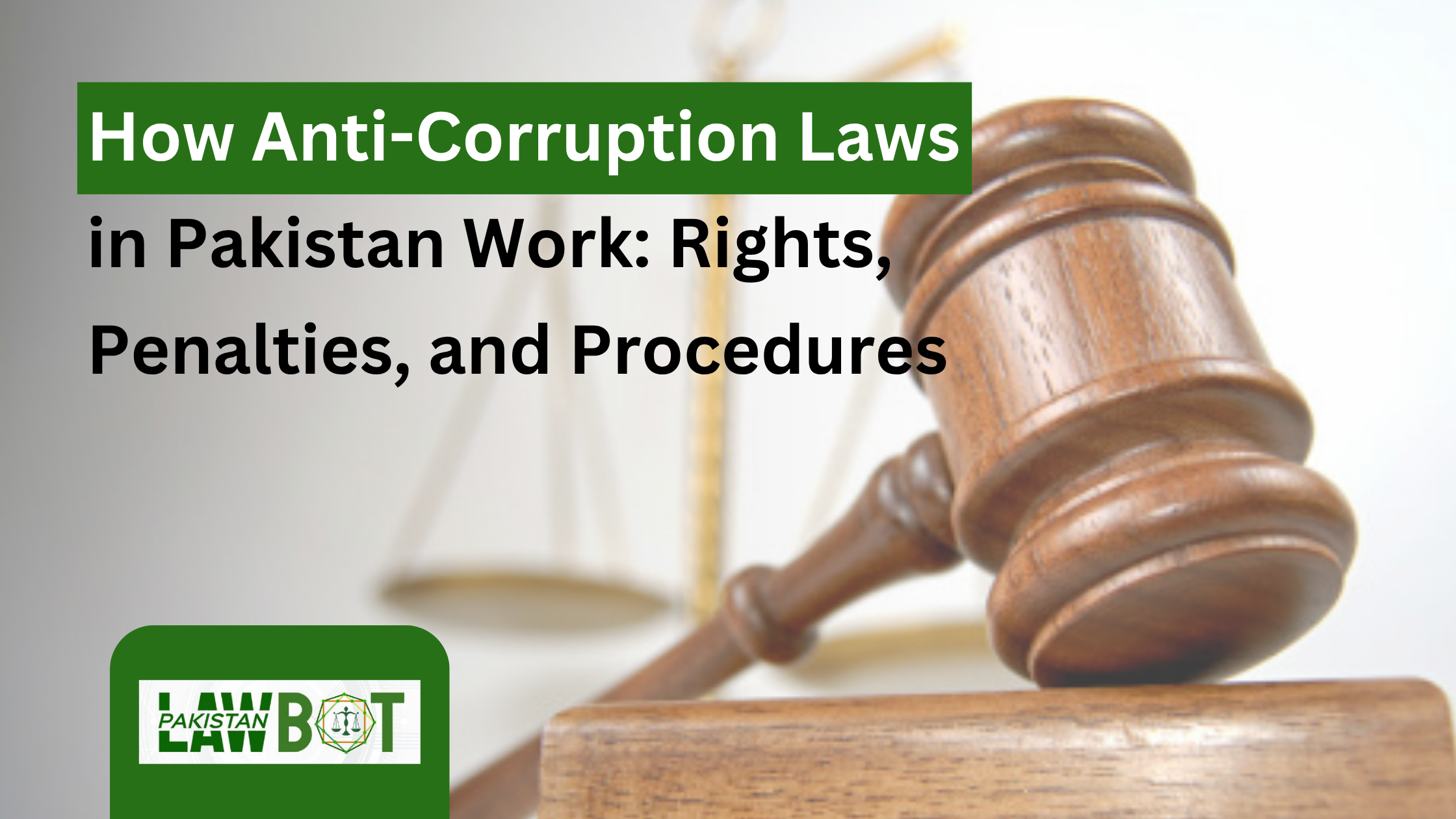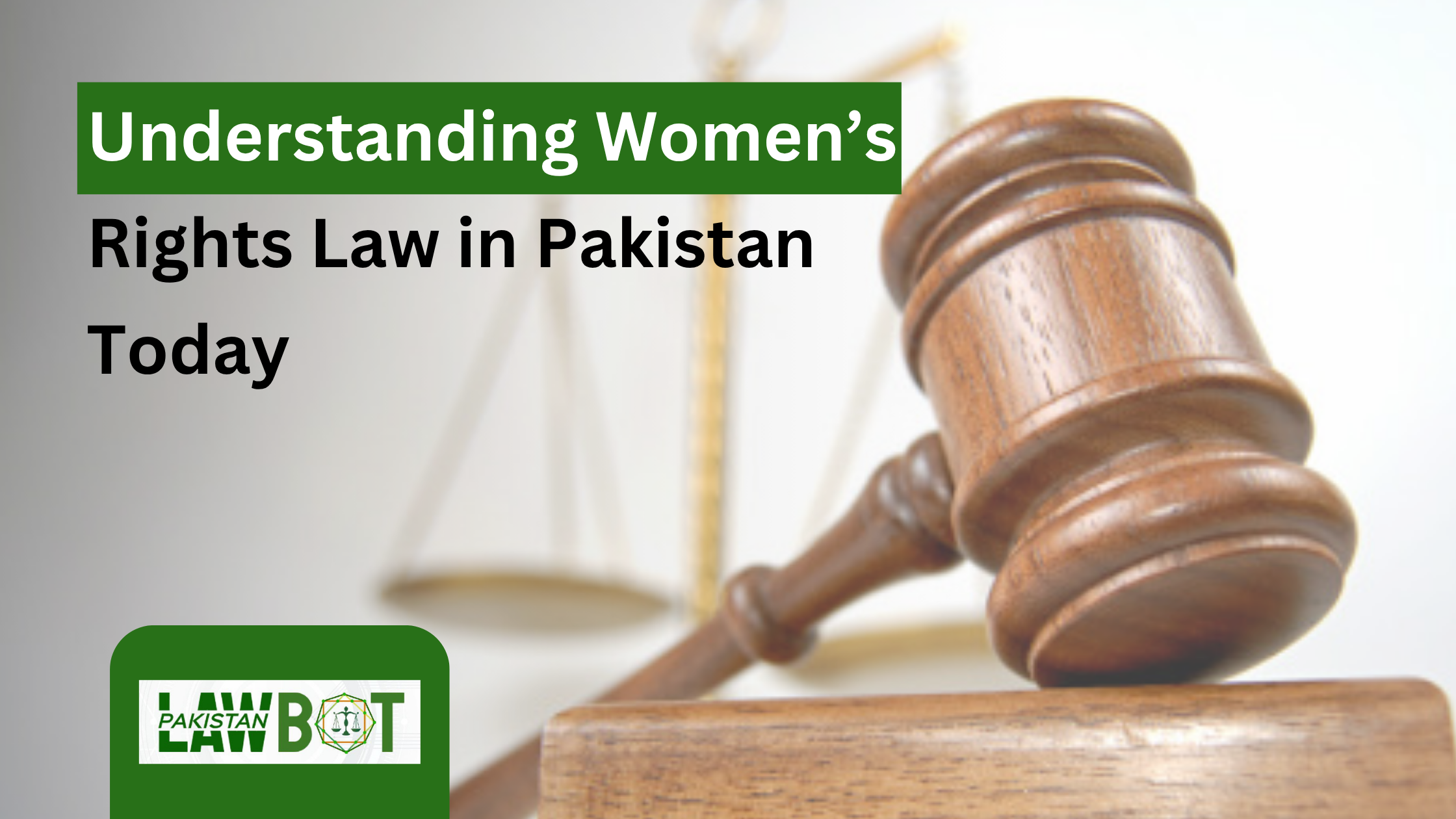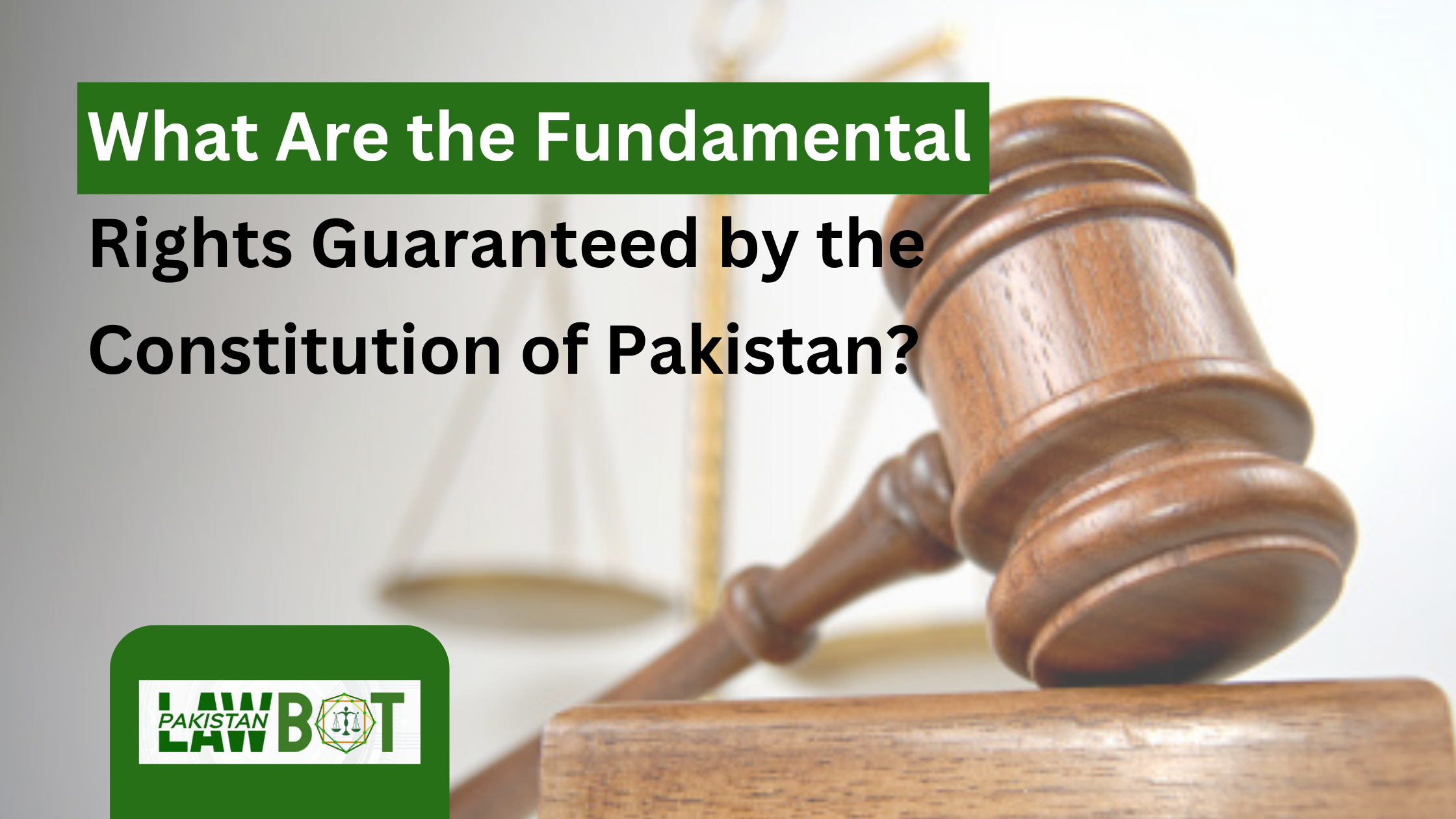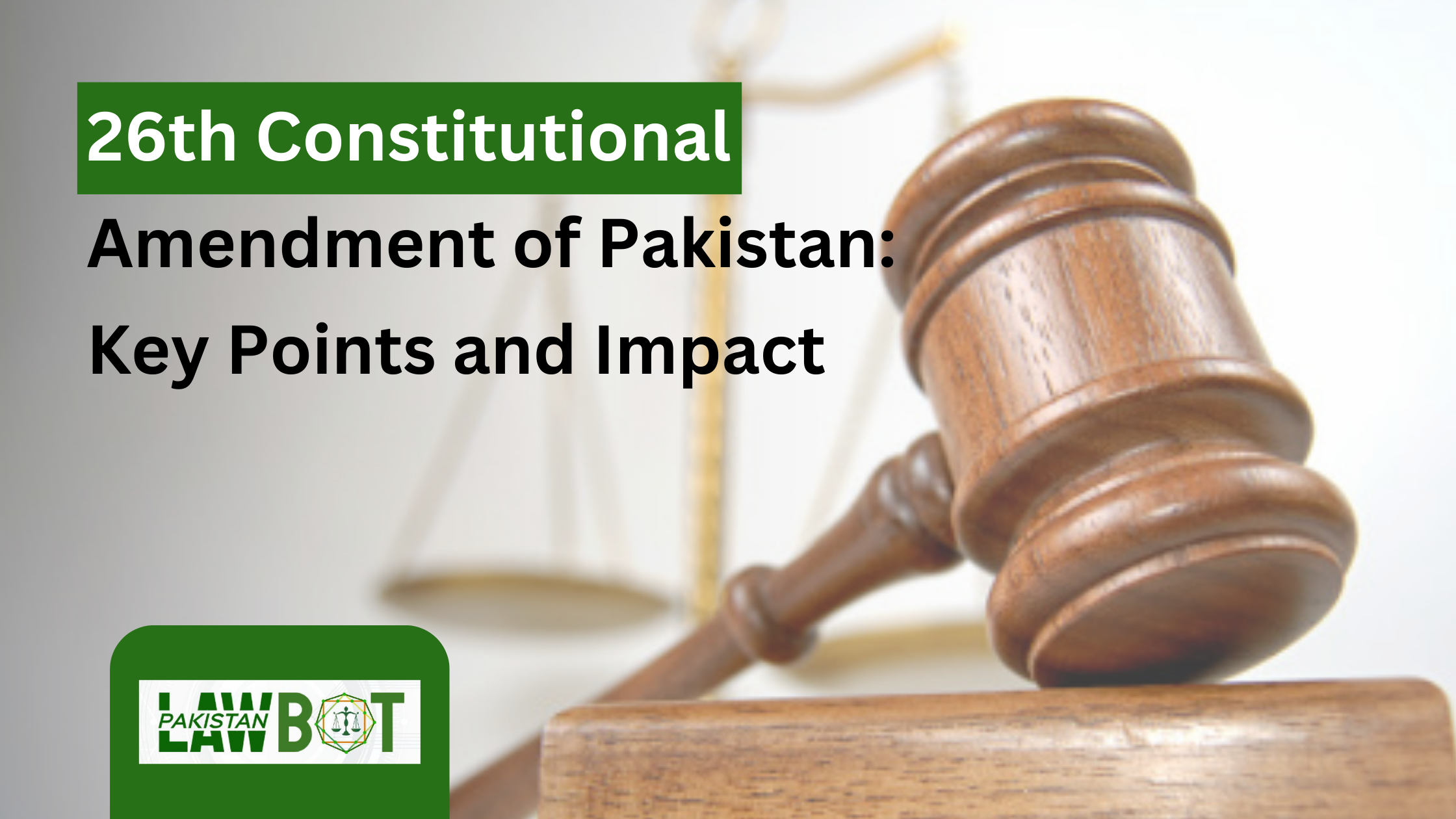Murder is one of the gravest offenses in any legal system, and Pakistan’s Penal Code treats it with the utmost seriousness. Section 302 of the Pakistan Penal Code (PPC) specifically deals with the punishment for murder, outlining different scenarios, types of killings, and corresponding penalties. Understanding this section is crucial not only for law students and legal practitioners but also for the general public to be aware of the legal consequences of such a heinous act.
Overview of Section 302 PPC
Section 302 PPC addresses qatl-i-amd—intentional murder—committed with the direct intention of causing death or bodily injury likely to result in death. The provision is rooted in both Islamic principles and modern criminal law, aiming to balance justice, deterrence, and reformation.
The section doesn’t merely prescribe a single punishment; instead, it offers multiple sentencing options depending on the circumstances of the case, the evidence presented, and the wishes of the legal heirs of the deceased.
Legal Definition of Murder under PPC
Under Section 300 PPC, murder (qatl-i-amd) is defined as causing the death of another person:
-
To kill;
-
To cause bodily injury likely to result in death; or
-
With the knowledge that the act is so imminently dangerous that it must, in all probability, cause death.
Section 302 then prescribes the punishments for this offence.
Punishments under Section 302 PPC
The law recognizes that circumstances differ in every murder case. Therefore, Section 302 allows for different punishments depending on whether the offense is liable to Qisas (retribution), Tazir (discretionary punishment), or other mitigating factors.
1. Punishment of Qisas
Qisas means “equal retaliation”—life for life. If the court finds the accused guilty of intentional murder and the heirs of the victim demand retribution, the punishment is death. This is considered the most severe and direct form of justice under Islamic law.
2. Punishment of Tazir
When Qisas is not applicable—either because the heirs pardon the offender or other legal conditions are not met—the court may award a punishment under Tazir. This may include:
-
Death penalty
-
Life imprisonment (25 years in Pakistan’s legal context)
-
Imprisonment for a term not less than 10 years
3. Diyat (Blood Money)
If the victim’s heirs forgive the murderer, they may accept Diyat, which is financial compensation payable to the heirs. The amount is fixed annually by the government and is equivalent to the value of 30,630 grams of silver.
Role of the Victim’s Legal Heirs
One unique aspect of Section 302 PPC is the role given to the heirs (wali) of the deceased. They have the authority to:
-
Demand Qisas (execution of the offender)
-
Forgive the offender without compensation
-
Forgive the offender in exchange for Diyat
This provision stems from Islamic Shariah, which allows the victim’s family to decide whether to seek retribution or pardon.
Exceptions and Mitigating Circumstances
The law also recognizes situations where the killing, although intentional, may not attract the full punishment of murder. These include:
-
Self-defence, where reasonable force was used to prevent harm
-
Grave and sudden provocation
-
Cases involving minors or persons of unsound mind
In such scenarios, the charge may be reduced to culpable homicide not amounting to murder, which carries a lighter sentence under Sections 304 or 308 PPC.
Investigation and Trial Process
When a murder occurs, the police register an FIR under Section 302 PPC and initiate an investigation. The process involves:
-
Collection of evidence – Forensic, eyewitness, and circumstantial evidence are gathered.
-
Arrest of the accused – Based on probable cause.
-
Trial in a Sessions Court – Murder cases are tried in sessions courts with the right of appeal to the High Court and Supreme Court.
The burden of proof lies heavily on the prosecution, as murder is a capital offence.
Criticism and Debates Surrounding Section 302 PPC
While Section 302 PPC aligns with Islamic injunctions, it has sparked debates among legal experts and human rights activists. Critics argue:
-
The possibility of wealthy offenders avoiding punishment through Diyat settlements.
-
Misuse of the law in cases of honour killings, where families may forgive the perpetrator to protect family members.
-
The need for clearer guidelines on applying Tazir punishments to ensure fairness.
Supporters, however, maintain that the section provides justice while allowing mercy, in line with religious and cultural values.
Recent Amendments and Court Rulings
Over the years, the Pakistani legislature and judiciary have introduced reforms to address loopholes:
-
In honour killing cases, the state can now prosecute offenders even if the family forgives them.
-
Courts are becoming stricter in examining Diyat agreements to ensure they are made voluntarily and without coercion.
-
Recent judgments have emphasized the importance of forensic evidence over unreliable eyewitness accounts.
Social and Moral Implications
Section 302 PPC is not just a legal provision—it reflects the moral stance of society towards taking a life. It aims to:
-
Deter potential offenders by prescribing severe punishments.
-
Offer closure and justice to victims’ families.
-
Balance justice with mercy by allowing forgiveness.
However, its effectiveness depends largely on fair implementation, public awareness, and the integrity of the justice system.
Key Takeaways for Citizens
For ordinary citizens, understanding Section 302 PPC means recognizing:
-
Murder is punishable by death, life imprisonment, or a long prison term.
-
The victim’s heirs have a significant say in the punishment.
-
Forgiveness and financial settlement are possible but regulated.
-
Exceptions exist, but they require strong proof.
Conclusion
Section 302 of the Pakistan Penal Code stands as a central pillar of criminal law in Pakistan, defining the punishments for intentional murder and balancing justice with compassion. While it provides strict retributive measures like Qisas, it also allows for mercy through forgiveness and Diyat. Yet, like any law, its success lies in consistent enforcement, transparency, and the prevention of misuse.
For Pakistan, where both legal and religious principles shape the justice system, Section 302 PPC will continue to be a subject of legal scrutiny, moral debate, and societal reflection.






